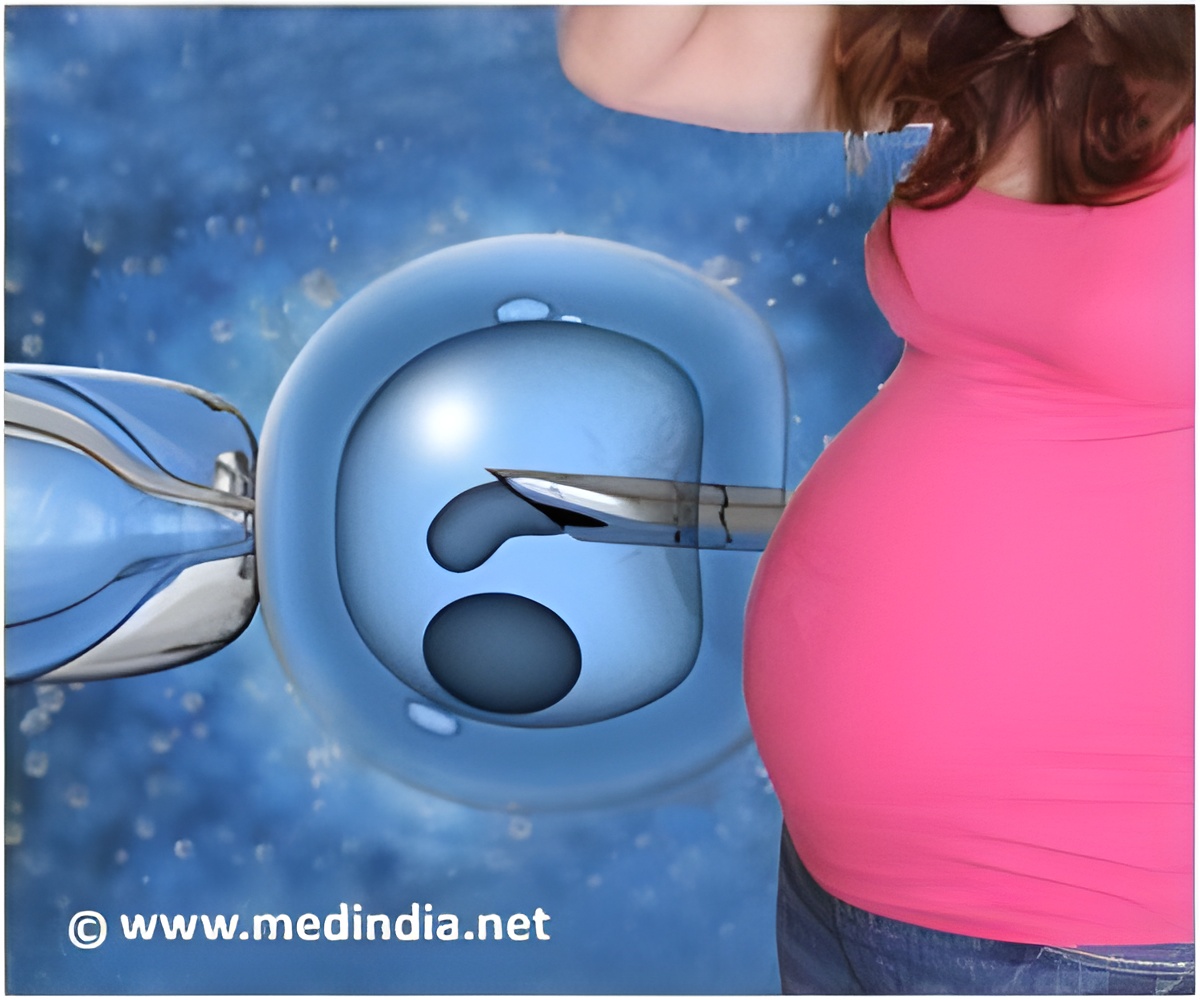
Dr. Janne Bentzen from the Copenhagen University Hospital, Rigshospitalet, in Copenhagen, Denmark, who led the research, said: "This is the first study to suggest that the age-related decline of AMH and AFC may differ between those whose mothers entered menopause before the age of 45 years and those whose mothers entered menopause after the age of 55 years. Our findings support the idea that the ovarian reserve is influenced by hereditary factors. However, long-term follow-up studies are required. Conclusive evidence can only be obtained when we have longitudinal studies that follow women who have AMH measurements over time until menopause. Therefore, interpretations of our data are limited and the findings we have described may not occur in any given individual."
Previous research has suggested that there is about 20 years between a woman's fertility starting to decline and the onset of menopause. So a woman who enters the menopause at 45 may have experienced a decline in her fertility at the age of 25. Dr Bentzen said: "Epidemiological studies have established a link between the age at menopause among mothers and daughters. In line with the suggested 20-year interval between the first decline in fertility and the menopause, we hypothesised that maternal factors may also have an impact on a woman's fertility potential in terms of ovarian reserve."
The researchers recruited 527 women working in health care at the Copenhagen University Hospital, who were aged between 20-40 years and whose mothers' age at natural menopause was known. They divided them into three categories: those whose mothers had an early menopause (younger than 45); normal maternal age at menopause (46-54 years); and late maternal age at menopause (older than 55).
They used transvaginal sonography to count the number of antral follicles in the women's ovaries. Follicles are clusters of cells that contain the immature egg. Every woman is born with about two million of them, but only 400 will ever mature enough to release an egg for fertilisation during a woman's reproductive lifespan. Levels of AMH were measured from blood samples. The researchers also took a medical history, including details of smoking habits in mothers and daughters, oral contraceptive use and body mass index (BMI).
After adjusting for various factors that could affect the results (e.g. smoking, contraceptive use, age and BMI), they found that average AMH levels declined by 8.6%, 6.8% and 4.2% a year in the groups of women with mothers who had early, normal or late menopauses respectively. A similar pattern was seen for AFC, with annual declines of 5.8%, 4.7% and 3.2% in the same groups respectively.
Advertisement
Dr. Bentzen said the effect of oral contraceptive use was likely to be temporary and unlikely to influence the long-term decline in ovarian follicles. However, she said clinicians and women should be aware of it when considering women's reproductive life spans or any fertility treatments. "We believe there is a need for longitudinal, large studies in which ovarian reserve parameters are measured repeatedly in the same individual before, during and after the use of oral contraceptives. Additionally, we need to explore the impact of dose-response and duration of hormonal contraception on markers of ovarian reserve," she said.
Advertisement
Source-Eurekalert













